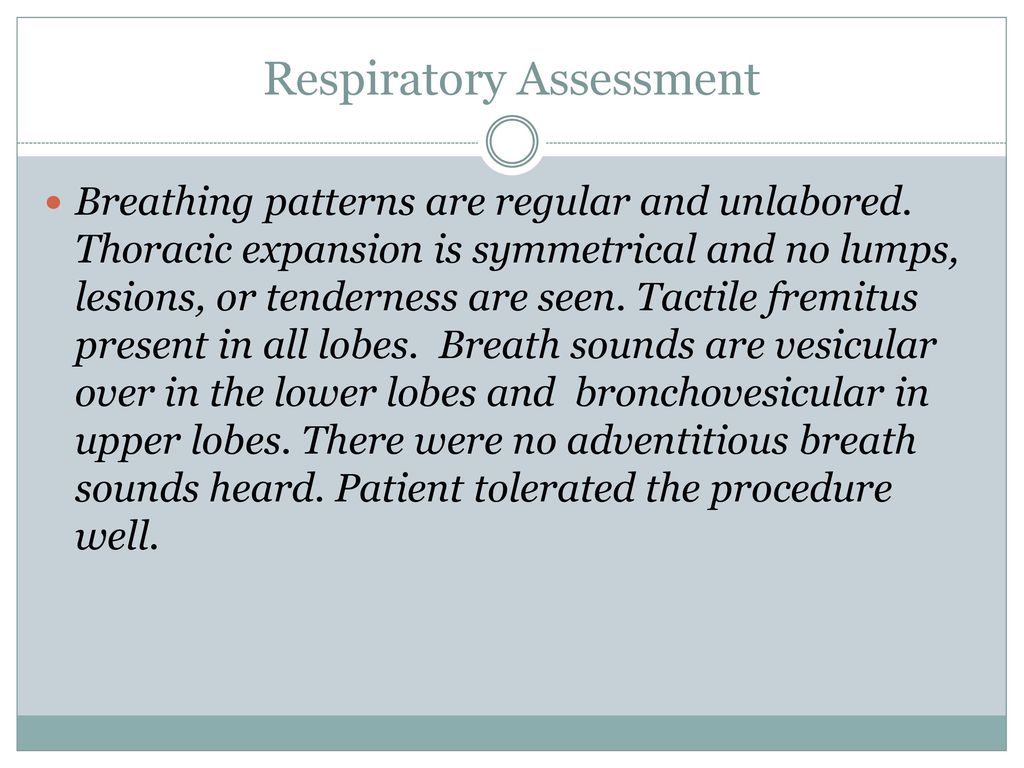Even Unlabored Breathing: A Sign of Good Health You Might Be Overlooking
We often focus on outward signs of health – a glowing complexion, a trim physique, a powerful stride. But what about something far more fundamental, something we do thousands of times a day without a second thought? That’s right, we’re talking about breathing. And while shallow, labored breathing often signals a problem, the ease with which you breathe – unlabored breathing – is a powerful indicator of your overall well-being. This article delves into why breathing should be on your health radar and how to recognize the signs of healthy, effortless respiration.
The Importance of Breathing: More Than Just Getting Air
Breathing is the cornerstone of life, providing our bodies with the oxygen needed for every single cellular process. But it’s so much more than just a simple exchange of gases. The way we breathe impacts:
- Oxygenation: Efficient breathing ensures our blood carries adequate oxygen to all tissues and organs.
- Carbon Dioxide Removal: Breathing expels carbon dioxide, a waste product of cellular metabolism.
- pH Balance: Breathing helps maintain the correct pH levels in our blood, vital for proper bodily function.
- Stress Response: The breath is intimately linked to the nervous system. Deep, relaxed breathing can calm the body and mind, while shallow, rapid breathing can amplify stress.
- Overall Energy Levels: When breathing is efficient, our bodies use energy more effectively.
What Does “Unlabored Breathing” Actually Mean?
Unlabored breathing, as the name suggests, is breathing that requires minimal effort. It’s characterized by:
- Quietness: You shouldn’t hear yourself breathing unless you’re exerting yourself.
- Regularity: Your breaths are consistent in rhythm and depth.
- Depth: You can take full, diaphragmatic breaths, allowing your belly to expand.
- Absence of Strain: There’s no visible effort, such as heaving shoulders or flared nostrils.
- Feeling of Calm: You feel relaxed and at ease while breathing.
If your breathing feels effortless and natural, you’re likely in good shape.
Factors That Can Impact Your Breathing
Several factors can influence your breathing and potentially make it more labored:
- Underlying Respiratory Conditions: Asthma, COPD, and other lung diseases can make breathing difficult.
- Cardiovascular Issues: Heart problems can strain the lungs and affect breathing.
- Obesity: Excess weight puts extra pressure on the lungs and diaphragm.
- Anxiety and Stress: These can trigger shallow, rapid breathing.
- Poor Posture: Slouching can restrict lung capacity.
- Lack of Physical Activity: Weak respiratory muscles can lead to less efficient breathing.
- Environmental Factors: Allergens, pollution, and smoking can irritate the airways.
How to Improve Your Breathing and Enhance Your Overall Health
Fortunately, even if your breathing isn’t perfect, there are steps you can take to improve it:
- Practice Diaphragmatic Breathing (Belly Breathing): Place one hand on your chest and the other on your abdomen. Inhale deeply through your nose, allowing your abdomen to rise. Exhale slowly through your mouth, feeling your abdomen fall.
- Regular Exercise: Exercise strengthens respiratory muscles and improves lung capacity.
- Maintain Good Posture: Stand and sit tall to allow your lungs to fully expand.
- Manage Stress: Practice relaxation techniques like meditation or yoga.
- Avoid Smoking and Environmental Irritants: Protect your lungs from harmful substances.
- Consult a Healthcare Professional: If you experience persistent breathing difficulties, seek medical advice.
Conclusion: Breathe Easy, Live Well
Unlabored breathing is a valuable indicator of good health. It signifies that your respiratory system is functioning efficiently, and your body is receiving the oxygen it needs. By paying attention to your breath and taking steps to improve it, you can enhance your overall well-being and quality of life. Don’t underestimate the power of a single, easy breath.
FAQs
1. What if I notice my breathing changing?
Any significant change in your breathing pattern, such as increased effort, wheezing, shortness of breath, or chronic coughing, warrants a visit to your doctor to rule out underlying medical conditions.
2. Can breathing exercises really improve my health?
Yes! Breathing exercises can help strengthen respiratory muscles, improve oxygenation, reduce stress, and promote relaxation, all contributing to better overall health.
3. Is it normal to feel short of breath during exercise?
It’s normal to experience increased breathing rate during exercise. However, if you feel excessively short of breath or experience chest pain, consult your doctor.
4. What are the signs of a serious breathing problem?
Signs that require immediate medical attention include severe shortness of breath, bluish discoloration of the lips or fingertips (cyanosis), loss of consciousness, and significant chest pain.




